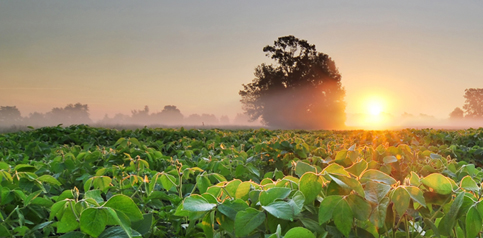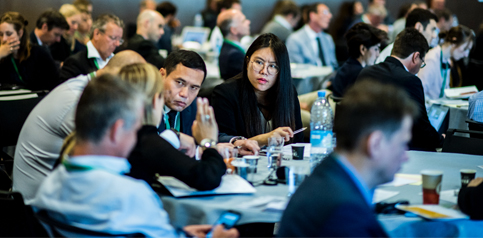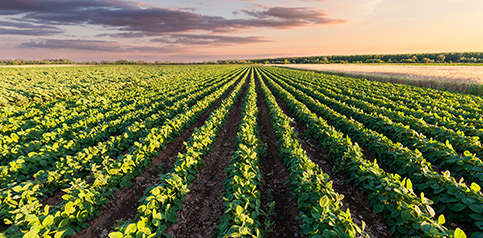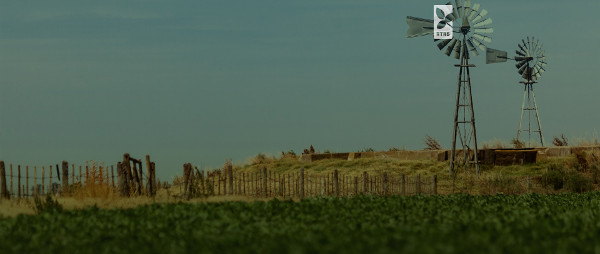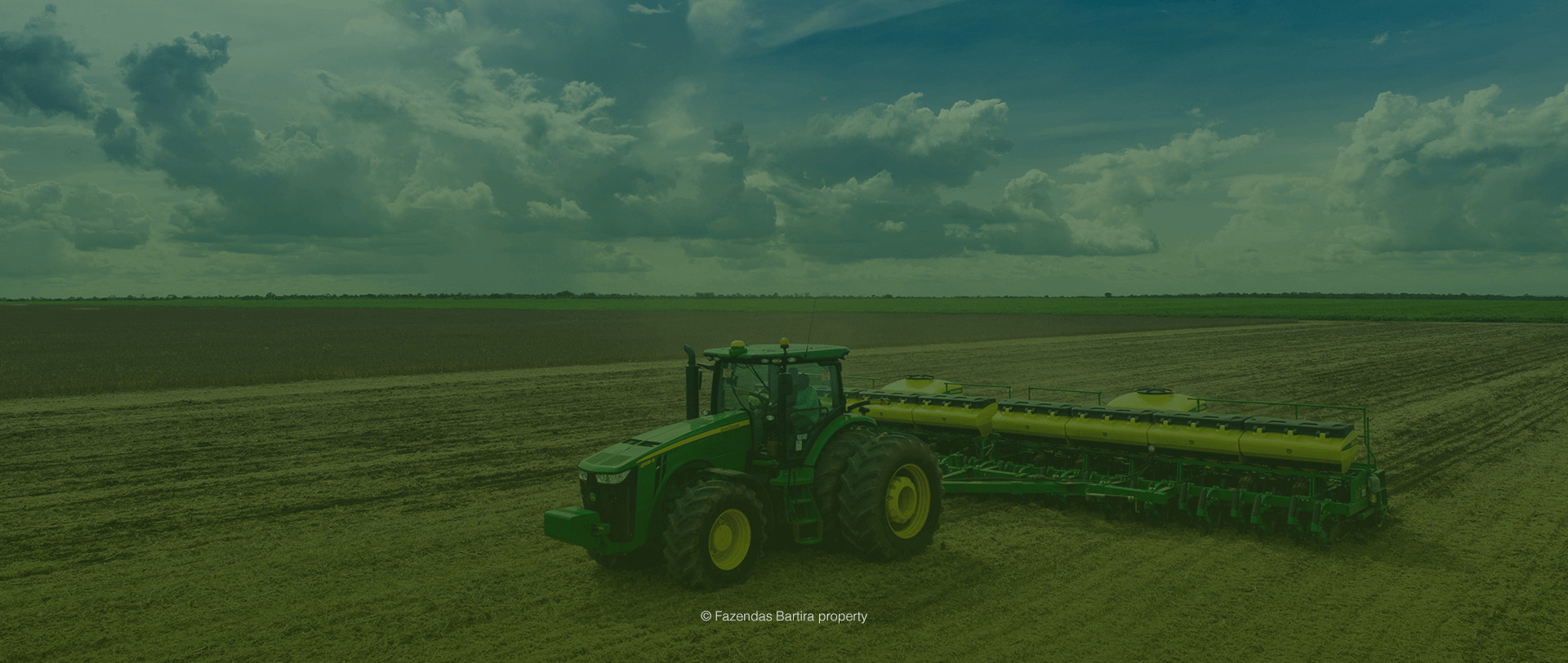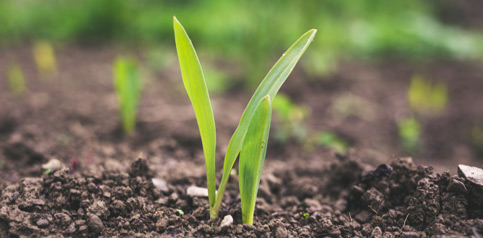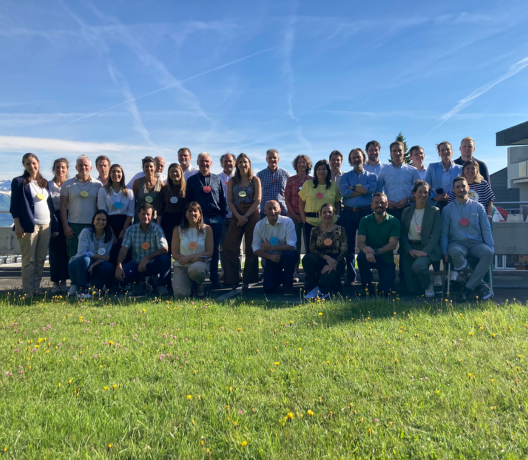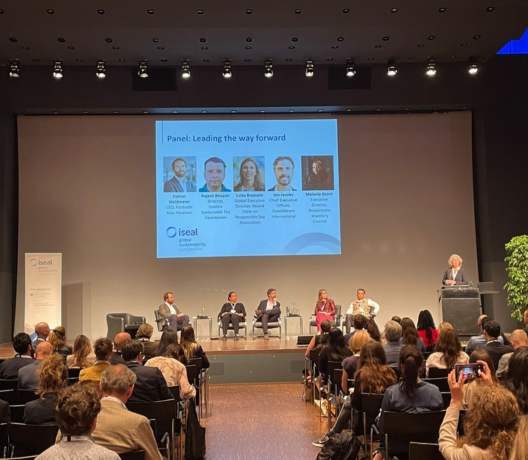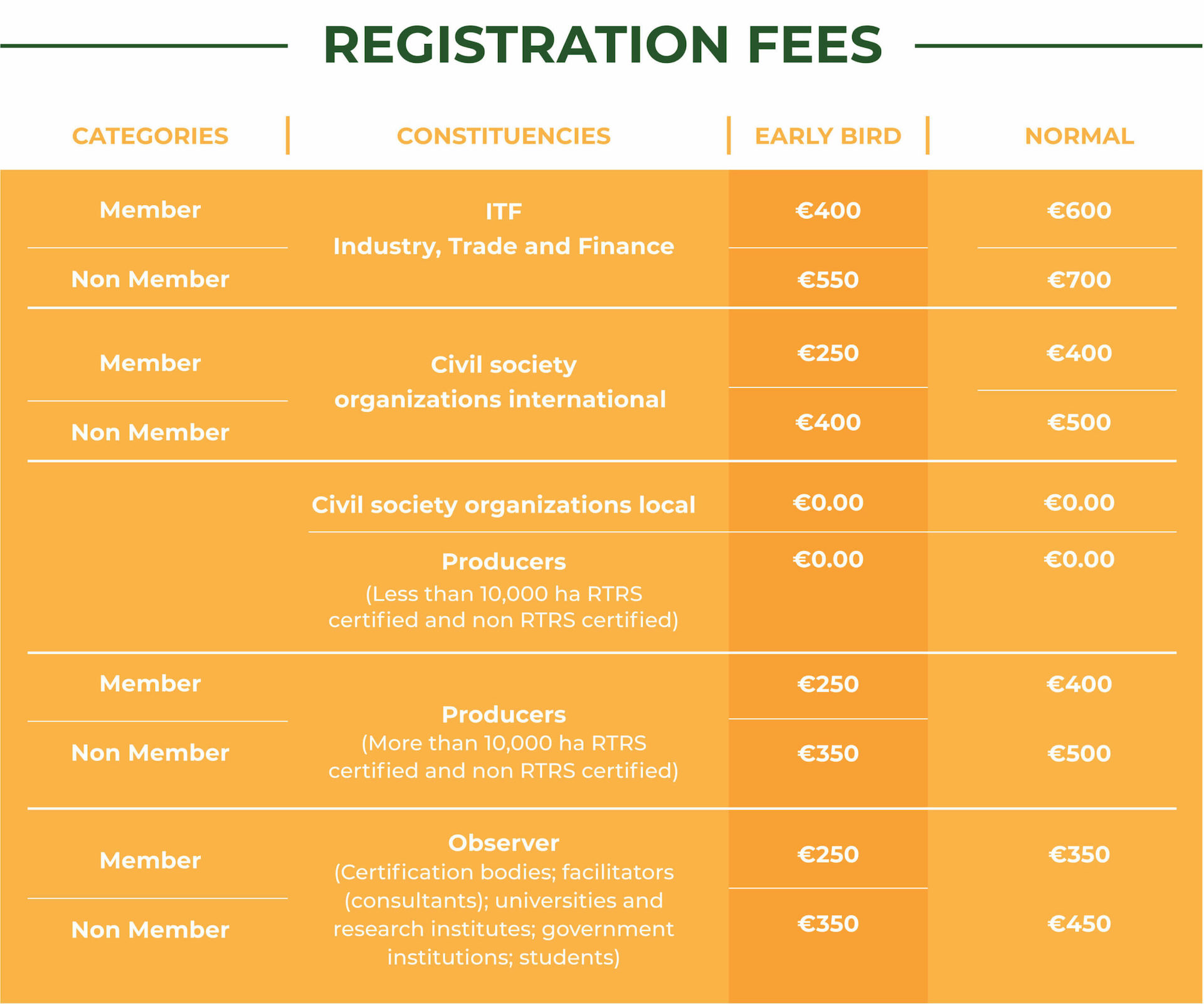Food or Forest? It is both
Zero conversion. Zero deforestation. Zero habitat loss.
Zero means Zero
Right now, across the world, millions of hectares of the world’s forests could be legally felled for farmland. The social impact for local communities and the damage to these precious ecosystems, the biodiversity in the area is irreparable.
It doesn’t have to be this way. It is possible to meet the growing global demand for soy and at the same time preserving native vegetation and protecting human rights while improving the conditions for workers.
We can have food and forests.
Today (Wednesday 9th October), RTRS is launching a new campaign which focuses on informing audiences about valuable ways to drive impact on the ground.
With 7,000 growers in countries like Argentina, Brazil, China, India, Mozambique, Paraguay, and USA, the RTRS Production Standard guarantees ZERO deforestation and conversion of any natural land and ZERO habitat loss in soy production, as well as ZERO exploitation of workers and ZERO child labour.
The RTRS standard helps to halt deforestation, closing the loopholes that mean in some cases deforestation in soy production can still be carried out, legally, even though it is destroying precious ecosystems in the process; two of the areas under threat, is the Cerrado in Brazil and the Gran Chaco Region in Argentina, Bolivia and Paraguay.
A global effort is underway to transform the way some of our most important crops are produced, including soybean.
But more needs to be done.
The Round Table for Responsible Soy (RTRS) believes that mutual understanding, trust, partnership working, and utilising existing tools and initiatives is the key to achieving sustainability goals. Incentives are needed to favour those producers and organisations that comply with law, follow sustainable agricultural and business practices, preserve areas of native vegetation and comply with labour laws. RTRS is working with governments, other industry associations and protocols, the private sector and brands to favor the creation of such incentives and the development of more sustainable value chains.
We have the power to change the way we grow and consume our food. Across the world, across sectors and across the entire supply chain, the challenge is great, and many tools exist to mitigate the negative impacts of soy production and benefit environment and people at the same time. RTRS offers, not the silver bullet, but a concrete tool ensuring the transparent implementation of this objective.
Zero has to mean zero.
#ZeroMeansZero
How can you support the RTRS Zero Means Zero campaign?
- Follow the Round Table on Responsible Soy on Twitter @Responsiblesoy and LinkedIn so you can join the conversation and make it broader.
- Use the hashtag: #ZeroMeansZero
- Visit the RTRS website to find out more about the campaign and why Zero Means Zero is important: responsiblesoy.org
- Download the posts, social media images and videos, and share information with your network: ZeroMeansZero campaign


